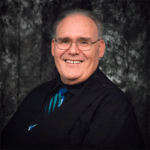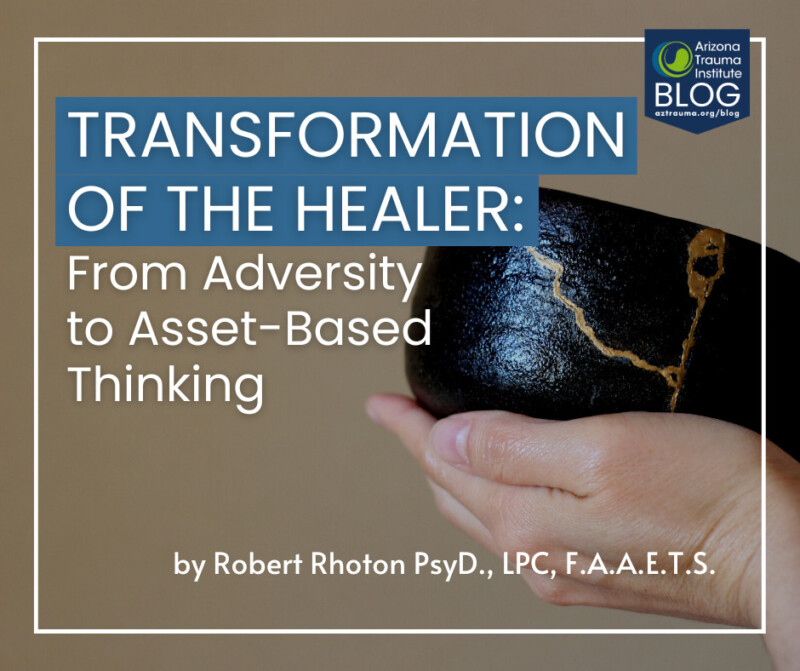From Adversity to Asset-Based Thinking
THE FIELD OF COUNSELING IS SHIFTING. For too long, the focus has been on what is wrong with the client. This deficit-based thinking has served to pathologize clients and label them as damaged goods. However, a new movement is emerging that is focused on helping clients move from a place of adversity to one of strength. This asset-based approach highlights the competencies and strengths that clients already possess. In this new way of thinking, counselors work to build upon these strengths to help clients reach their full potential.
This shift represents a fundamental change in how counselors view their clients. No longer are clients seen as broken people who need to be fixed. Instead, they are viewed as whole people who have the ability to heal and grow. This positive, strengths-based perspective is transforming the field of counseling and changing lives in the process.
The Benefits of Asset-Based Thinking
Asset-based thinking has a number of benefits for both counselors and their clients. When counselors adopt this approach, they are better able to:
- Build rapport with clients quickly – When counselors focus on assets instead of deficits, they are able to establish trust and rapport more quickly. This deep relationship between counselor and client is essential for effective counseling.
- Help clients see themselves in a more positive light – all too often, clients come into counseling feeling bad about themselves. Asset-based thinking helps counselors show their clients that they are so much more than their challenges. This can be truly life-changing for clients who have been stuck in a negative mindset for years.
- Facilitate lasting change – because asset-based thinking focuses on solutions instead of problems, it is more likely to lead to lasting change. When clients feel empowered and motivated by their strengths, they are more likely to make positive changes in their lives that stick.
- Enhance counseling effectiveness – when counselors adopt asset-based thinking, they are better able to meet their clients where they are at and help them move towards where they want to be. This results in more effective counseling overall.
What experience teaches
When we think about healing from trauma, compassion and connection are often the first things that come to mind. We envision someone being there for us, listening to our story, and providing support and understanding. But what if the person who is supposed to be helping us is afraid of our pain, or perhaps their own unresolved pain? What if they avoid authenticity and vulnerability in themselves, out of fear that they will be overwhelmed?
The reality is that many helping professionals are trained to think of themselves as invulnerable and strong. They are taught to view their clients as fragile and in need of protection. This NON-salutogenic” thinking can actually prevent healing because it creates a distance between the helper and the person they are trying to help. For healing to occur, there must be a deep level of connection and authenticity. The helper must be willing to open themselves up to the client’s experience, without judgment or preconceptions. Only then can the client feel truly seen, heard, and understood.
Conclusion
If you are a counselor/helper who is looking for a way to enhance your effectiveness and make a real difference in the lives of your clients, asset-based thinking may be right for you. This new way of thinking about helping is transforming and changing lives. Many of the talented people that embrace an asset-focused approach have found that they must first be able to allow themselves to be vulnerable and authentic, which has required quite often serious attention to meeting ego needs outside of their work as healers and counselors. If you would like to know more about the asset-based approach you can ask for the 2022 handbook on Salutogenics, and I will be delighted to send you the PDF. Please consider joining our movement to change how helping is done.
![]()

Written by Robert Rhoton Psy D., LPC, F.A.A.E.T.S.
Dr. Robert Rhoton, CEO of Arizona Trauma Institute and President of the Trauma Institute International possesses a rich history of experience in the mental health field.



